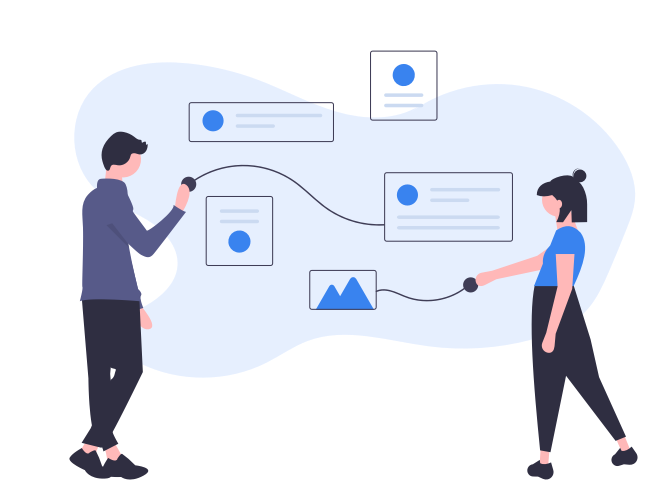Cross-Site Request Forgery Attack
A browser sends out cookies as a response to a request, irrespective of where it came from. This is where the issue arises. When the site gets a request, it's unable to distinguish if it's an action prompted by the user. The site looks for the cookie. In case it's available, it purposely acts, no matter the user-initiated it or not.

